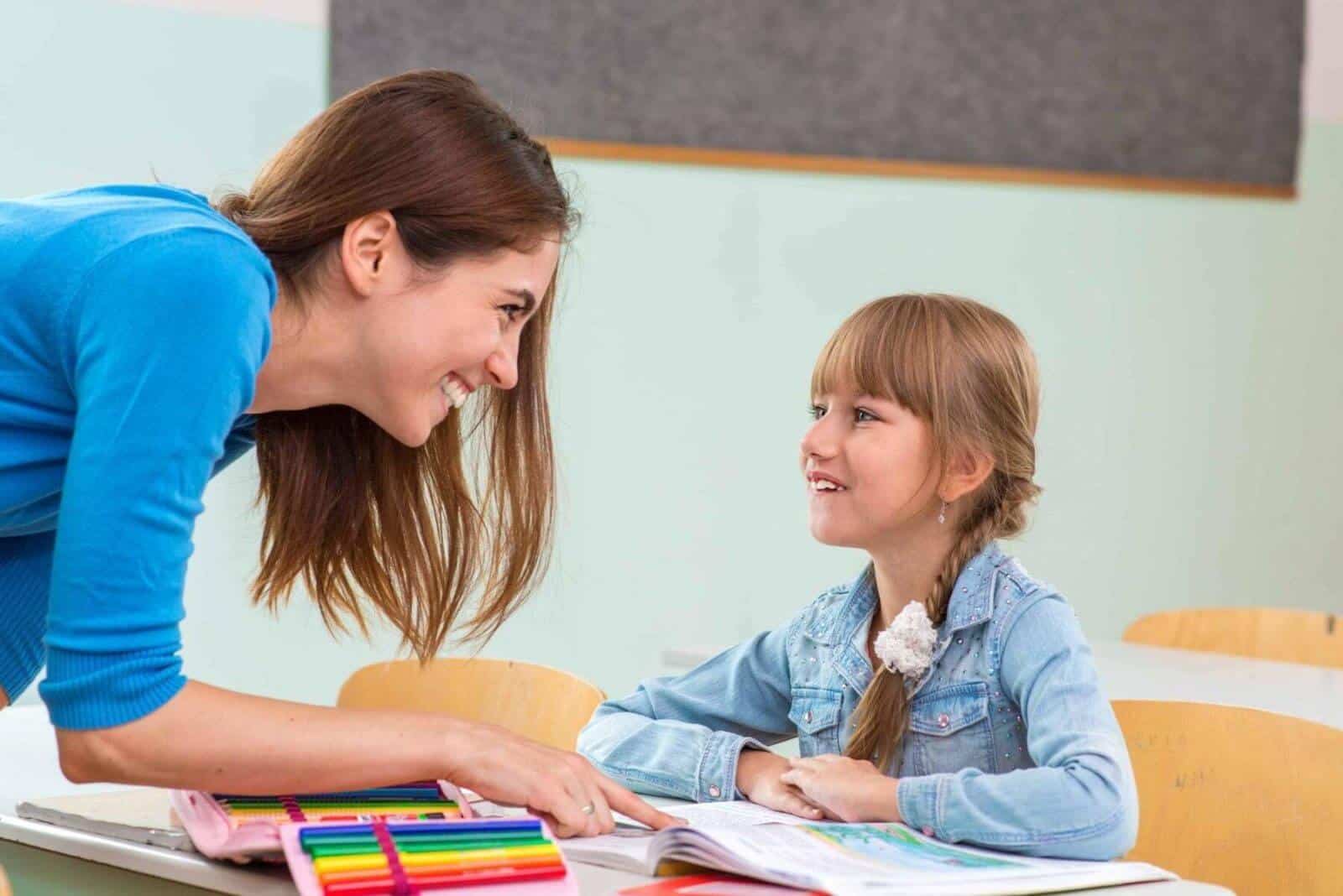Chennai School Orientation to Empower Teachers and Students
Chennai school education is witnessing a powerful new initiative as the Greater Chennai Corporation (GCC) announced a four-day orientation programme to strengthen gender clubs across its institutions. Scheduled for August 28, 29 and September 3 and 4, the sessions will focus on equipping teachers and headmasters with new strategies to promote inclusivity and equality. Mayor R. Priya is set to inaugurate the programme, marking a significant step in the city’s commitment to progressive education.
The concept of gender clubs was first introduced three years ago through a partnership between GCC and the Gender and Policy Lab. Initially aimed at students of Classes 9 and 10, the clubs focused on building awareness about equality and inclusivity in schools. Encouraged by strong feedback, the initiative is now expanding to include Class 8 students, with long-term plans to reach younger age groups as well. Currently, 130 middle schools and 81 high and higher secondary schools run active gender clubs, demonstrating the city’s wide engagement with the idea.
Each Chennai school involved in the programme designates one or two trained teachers to oversee the clubs. Weekly sessions held on Fridays cover essential topics such as breaking stereotypes, understanding good and bad touch, menstrual hygiene, cybersecurity, and prevention of child abuse under the Pocso Act. The aim is to encourage students to reflect on gender norms, challenge biases, and promote respect in daily life.
The orientation for teachers will focus on revamping existing practices while adding new methods of interaction. “The idea is to institutionalise conversations on gender equality in classrooms. When children hear their teachers say, ‘girls and boys are equal,’ they are likely to take that message home and influence families,” explained Deputy Commissioner M. Birathiviraj. The training will help teachers facilitate discussions with confidence and guide students in meaningful, practical ways.
Chennai School Clubs Inspiring Social Change
The success of gender clubs lies in their ability to combine learning with creativity. Activities often include group discussions, interactive lectures, and worksheets. Students also participate in annual exhibitions where they showcase projects reflecting their understanding of equality. Unique games such as Pudumarai Sammumurai and Samathuva Ilakku have become popular, as they portray unconventional roles like boys cooking or girls excelling in kabaddi helping students imagine a world without fixed stereotypes. Also Read: TVK Vijay rally in Madurai: Emotional moments as parents join massive gathering
Teachers also use media as a tool, asking students to critically analyze advertisements that reinforce outdated roles. These debates have led to lively exchanges, giving students the opportunity to question and reshape social narratives. For many, the impact has been personal. One teacher from Purasawalkam shared the story of a girl who, previously denied tuition classes unlike her brother, convinced her parents to support her education after learning about equality in the club. Similarly, boys who once teased peers for helping with chores began sharing responsibilities at home, reflecting how the initiative has already started reshaping behavior.


The programme’s design ensures that participation remains voluntary and pressure-free. Since gender club activities are not part of examinations, students join sessions with enthusiasm, engaging out of interest rather than obligation. This freedom has helped build a genuine culture of awareness.
The Education Department monitors the functioning of these clubs monthly, while Gender Lab consultants conduct annual reviews to keep the curriculum updated and relevant. Officials noted that the modules are constantly evolving to address changing social attitudes and new challenges, ensuring that the clubs remain effective in the years ahead.
Conclusion
Chennai school education is setting a progressive example with its strengthened gender clubs, proving that classrooms can be powerful spaces for social transformation. With the new orientation programme preparing teachers to guide young minds more effectively, the city is making steady strides toward building an inclusive and equitable future for the next generation.

